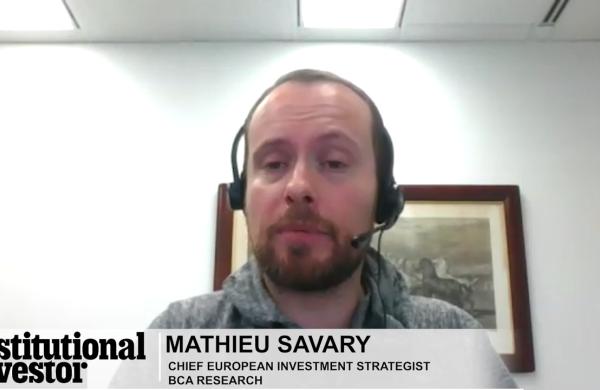Prevailing industry practices aren't always "best practices." Consider the subject of "How High Can Costs Go?" this month's cover story.
By Michael Carroll
May 2001
Institutional Investor Magazine
Staff Writer Rich Blake takes a long, hard look at how the rising cost of distribution is beginning to squeeze mutual funds. During the bull market, business fundamentals shifted, with direct sales of no-load funds being supplanted by sales of load funds through financial intermediaries, such as brokerage houses. Assets and revenues piled up - but so did costs. Now, with funds in the grip of a bear market, the revenues are fading, but the costs have proved to be more enduring.
More troubling, perhaps, is one practice that has made its way into the business and which accounts for a big slice of the cost creep. Called "revenue-sharing," it essentially consists of fund companies paying brokerage firms for selling their funds. Pay enough and fund companies can make it onto "preferred" lists, which give the fund company's marketers access to branch managers and brokers to help move their merchandise. It's big business; last year fund companies paid an estimated $2 billion in revenue-sharing. That's over and above sales loads and so-called 12b-1 distribution and marketing expenses, which are charged to shareholders, in any case. "The largest firms are entrenched on these preferred lists," Blake says. "Smaller guys can't just buy their way on. It'll be difficult to sustain flows if you're on the wrong side of that line."
Now some have started to question the propriety of revenue-sharing, which many fund companies defend as necessary. In the course of his reporting, Blake learned that the Securities and Exchange Commission has begun examining whether more disclosure ought to be required.
Reexamining premises is a healthy habit. One fund manager doing that today is Clifford Asness, a University of Chicago Ph.D. who runs AQR, the New York-based hedge fund that employs quantitative investment strategies. Asness recently stirred up a fuss when he and two of his partners authored a study with the simple but provocative title "Do Hedge Funds Really Hedge?" By their reckoning, as Senior Editor Hal Lux explains in "Beta Blocker" most investors would be better off buying a simple stock market index fund than chasing the promise of outsize returns from hedge funds.
As Lux likes to say, not all practices make perfect.





